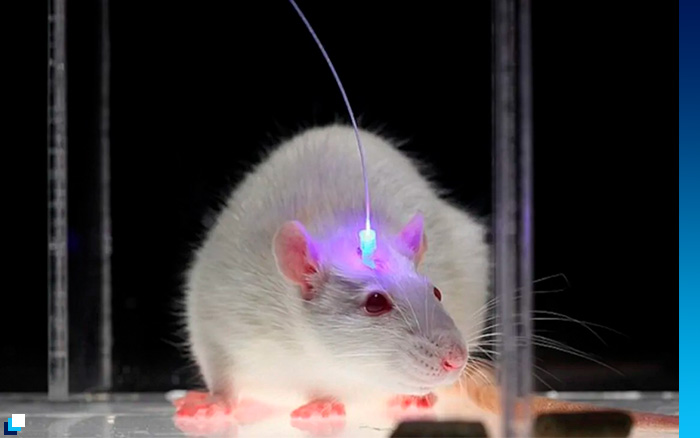Scientists Discover Appetite-Regulating Neurons: The Future of Obesity Treatment?
A team of scientists from Columbia University has identified a type of neuron in mice that acts as a natural “switch” to control appetite. This discovery, published in Nature Neuroscience and reported by New Scientist, could revolutionize obesity treatment in humans.
The Brain Switch That Tells Us When to Stop Eating
The newly discovered neurons are located in the brainstem, specifically in the dorsal raphe nucleus, a region associated with feeding, mood, and sleep. These cells produce cholecystokinin (CCK), a hormone linked to the feeling of satiety.
How Do They Work?
- They detect signals such as the smell, taste, and texture of food.
- They respond to gut hormones released after eating.
- They send a signal to the brain to slow down food intake and eventually stop eating.
Controlling Appetite with Light (Optogenetics)

Researchers used optogenetics (light-based neuron activation) to control these cells in mice:
- When activated, the animals ate more slowly and stopped eating sooner.
- When inhibited, the mice continued eating uncontrollably.
Connection to Drugs Like Ozempic and Wegovy

The study revealed that these neurons also respond to GLP-1 agonists, the class of medications that includes semaglutide (Ozempic/Wegovy). This suggests that future treatments could combine:
- Existing drugs (to regulate hormones).
- Targeted therapies for these neurons (to enhance satiety).
Do Humans Have These Neurons?
Although the research was conducted in mice, study leader Alexander Nectow states:
“It is highly likely that humans have similar neurons, but this remains to be confirmed.”
Implications for Obesity Treatment
Obesity affects over 650 million adults worldwide (WHO). If confirmed in humans, this discovery could lead to:
- More precise therapies (with fewer side effects).
- Medical devices that modulate the activity of these neurons.
- Better combinations with current medications.
Next Steps
The team now aims to:
- Confirm the presence of these neurons in humans.
- Explore whether their malfunction explains eating disorders (such as binge eating).
- Develop non-invasive methods to stimulate them.
The End of Extreme Dieting? While years of research are still needed, this breakthrough brings science closer to more effective and natural obesity treatments.
